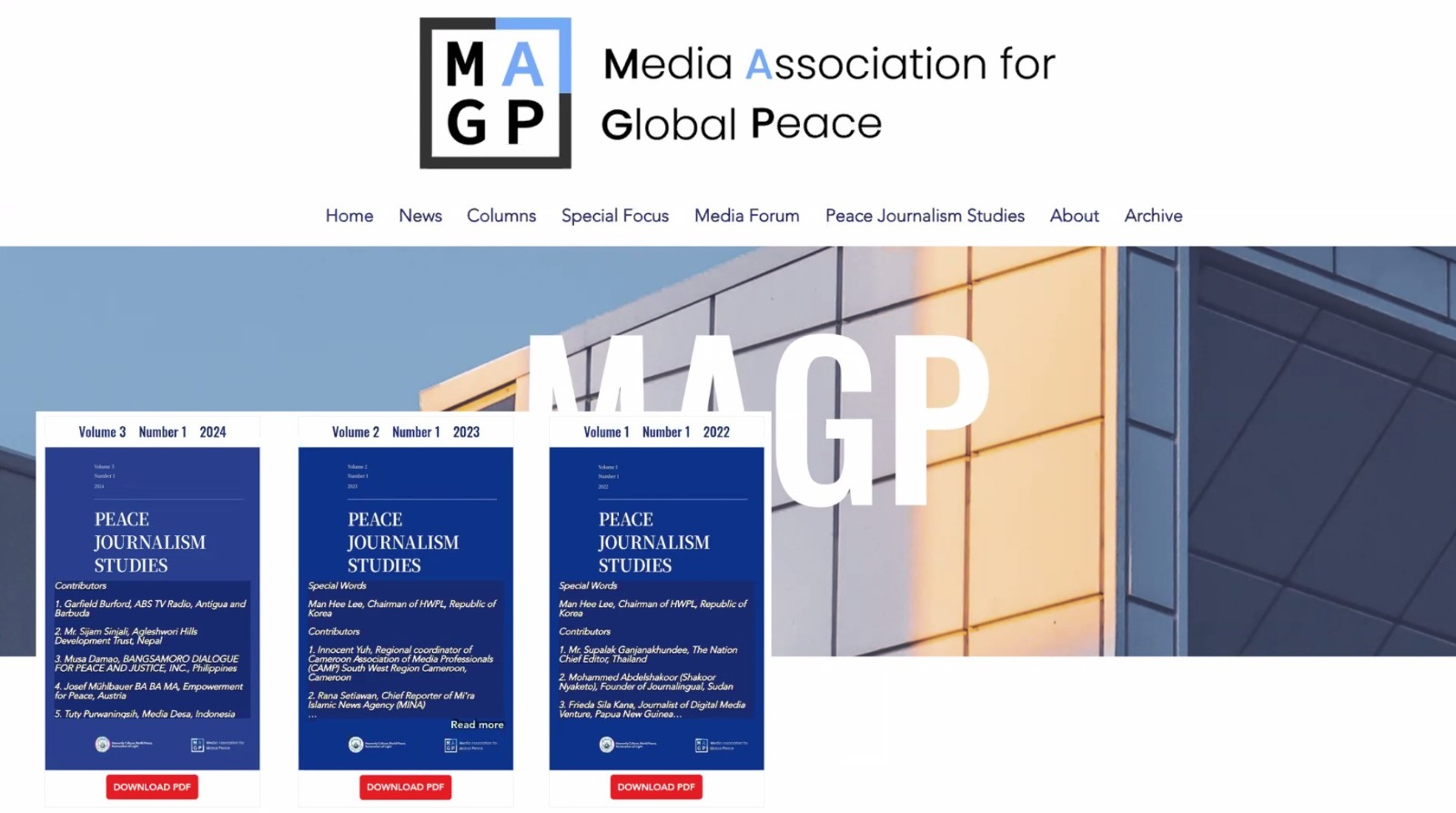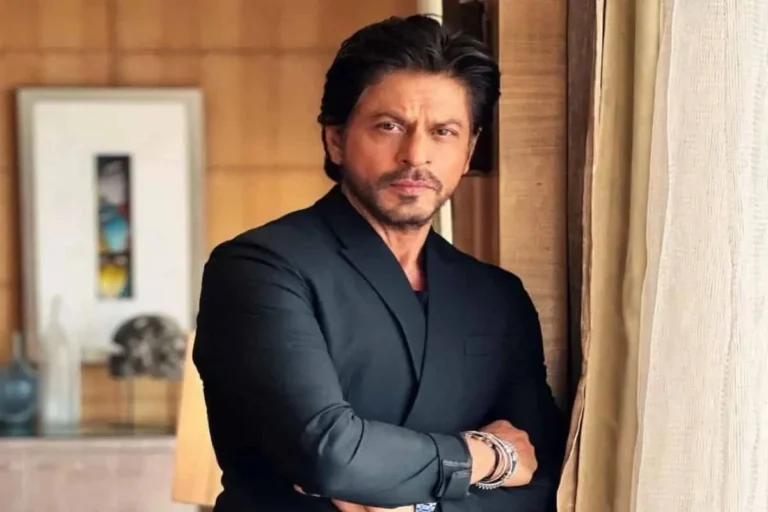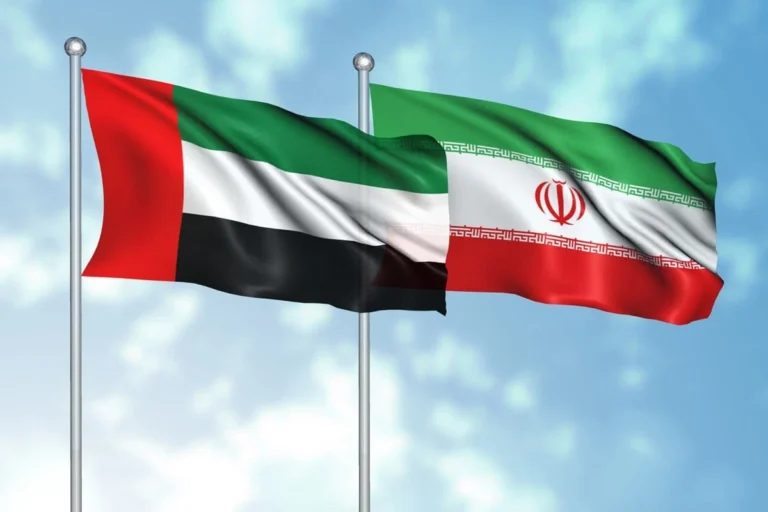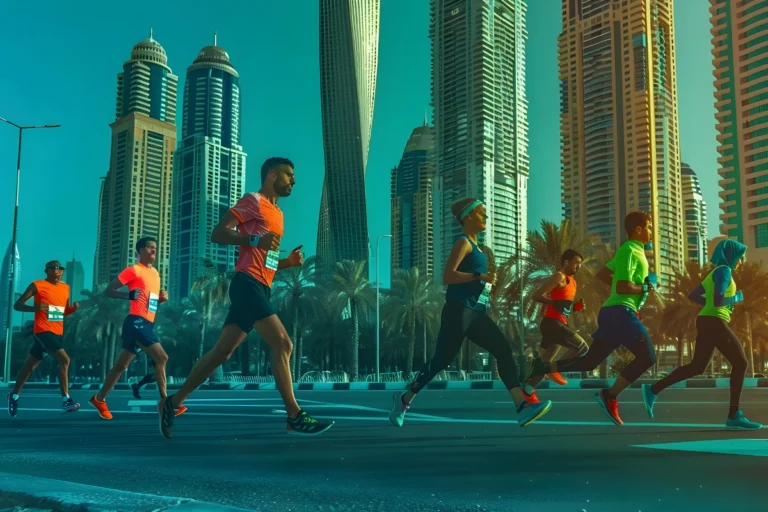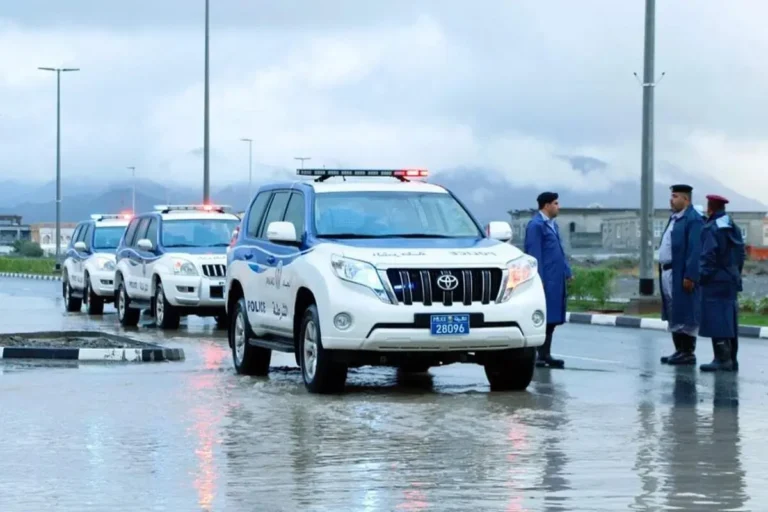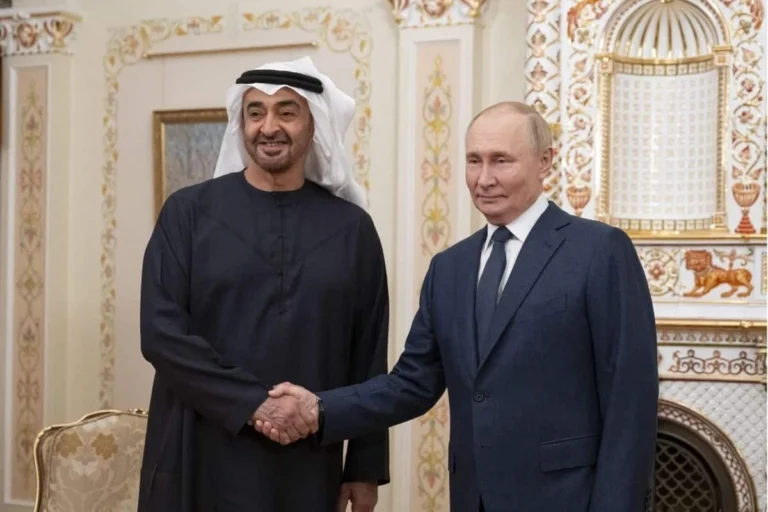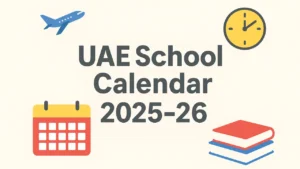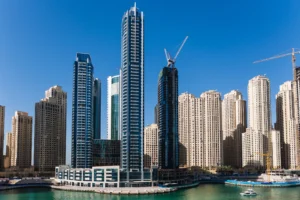The HWPL International Workshop on Peace Journalism Studies, organized on April 17, 2025, convened journalists, academics, and peace practitioners to deliberate on how peace journalism could be used to overcome conflicts as well as information manipulation amid rapid digitalization. The workshop, organized by an international peace group, Heavenly Culture, World Peace, Restoration of Light (HWPL), consisted of virtual participation by some 200 guests from 50 nations.
In the framework of Transforming Conflict through AI and Cultural Understanding, one of the most salient issues of the workshop involved the impact artificial intelligence (AI) is having on journalism. Journalists spoke of how they could best adopt new technology responsibly while honoring values of accuracy, fairness, and compassion in HWPL Workshop.
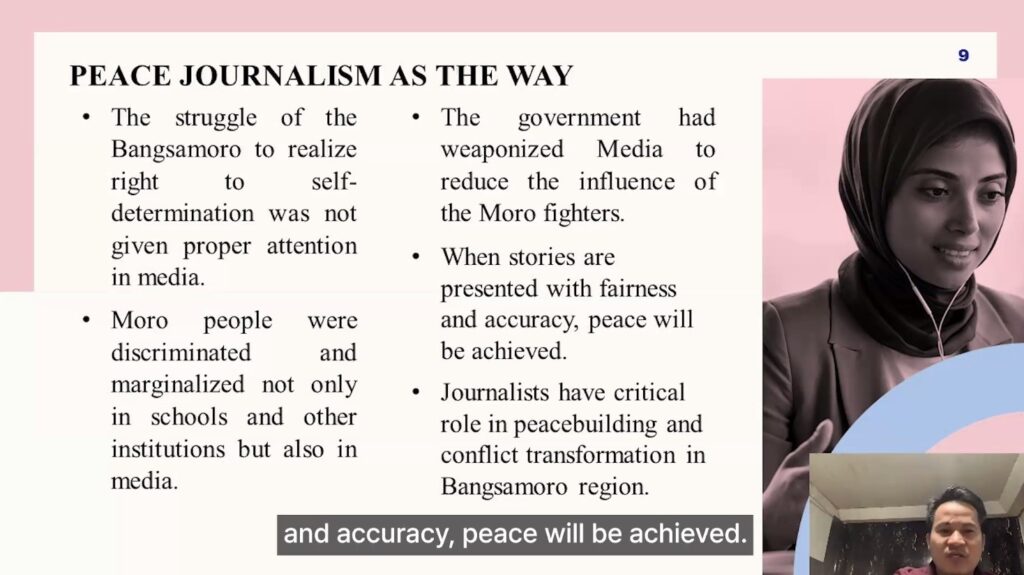
The conference featured panelists who discussed the new book, Peace Journalism Studies (2024). The journal highlights the ability of peace journalism to promote people’s reconciliation as well as peoples-to-people dialogue, where there is conflict. Case studies illustrate how positive reporting can build bridges and support sustainable peacebuilding.
In his congratulatory note, Zambia National Broadcasting Corporation Director General Mr. Berry Lwando said, “Everything that matters, we highlight in the mediascape of the day in HWPL Workshop. Peace journalism is not conflict-avoidance it is reporting conflict so that it leads not to conflict, but conversation. This is our responsibility, all of ours.”
Hon. Noel Lipipa, Parliamentarian for Malawi Constituency of Blantyre City South, sent his best wishes too. “I am heartened by the activity being undertaken to discover how cultural literacy can marry with AI so that conflict is managed and stories are retold. The world can only gain from many, many more peace storytellers.”
In his paper, Mr. Garfield Burford, Director of Current Affairs, Sports, and News / ABS TV Radio for Antigua and Barbuda, highlights the merit of evidence-led news reporting for the eradication of misinformation. Although journalism can be made lean on the back of using AI, he makes clear, it still poses accuracy as well as reliability issues. Mr. Burford highlights ethical judgment as well as human empathy as being as much a part of a journalist’s job.
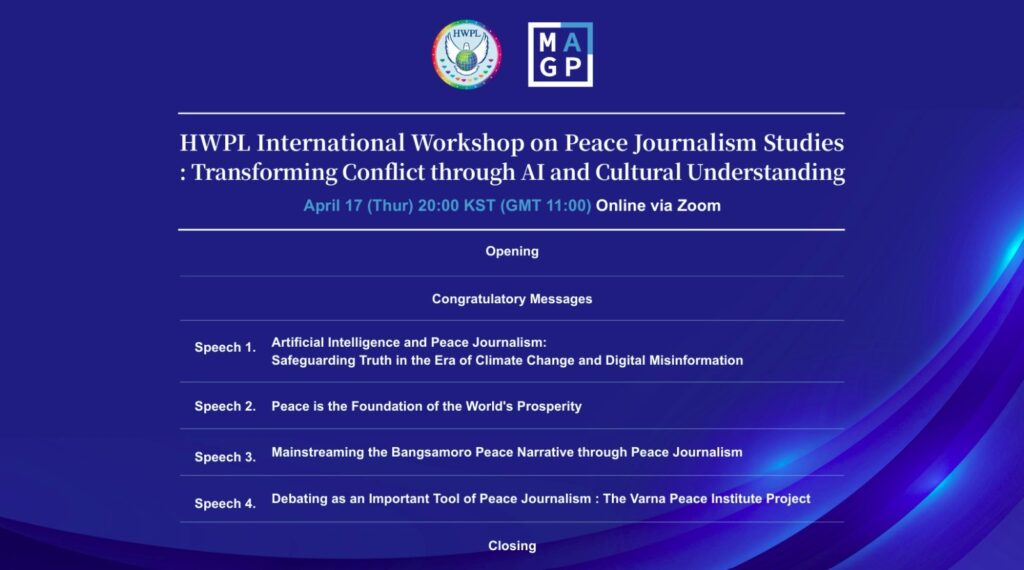
Sijam Sinjali, CEO of the Nepal-based Agleshwori Hills Development Trust, discusses his opinions on how peace journalism can promote peace building through non-violence. In his essay, he examines the challenges of peace journalism, such as ethical conflicts, as well as how technology can assist in providing quality, problem-solving news.
Representing the Philippines, Dr. Musa Damao, the Executive Director of angsamoro Dialogue for Peace and Justice, Inc., shares how peace journalism contributes support to the Bangsamoro peace process. Dr. Damao advocates for incorporating peace education into curricula of schools as well as how ethical journalism can further support sustainable peace and development.
Varna Institute of Peace Research CEO Josef Mühlbauer describes how dialogue and debate can break through negative narratives. Referring to the “Varna Peace Institute” podcast, he says there is a constant conversation that can bring conflict roots to the forefront of minds and bring people together with a better understanding.
Ms. Tuty Purwaningsih, Director of Media Desa of Indonesia, explains in her article how communities raise values like compassion, as well as how the media can contribute by raising such values through positive stories in HWPL.
The workshop is further aligned with the larger peace activities of HWPL, including the Declaration of Peace and Cessation of War (DPCW). Article 10 of the DPCW, “Spreading a Culture of Peace” addresses how the media can aid the spread of peace through responsible journalism.
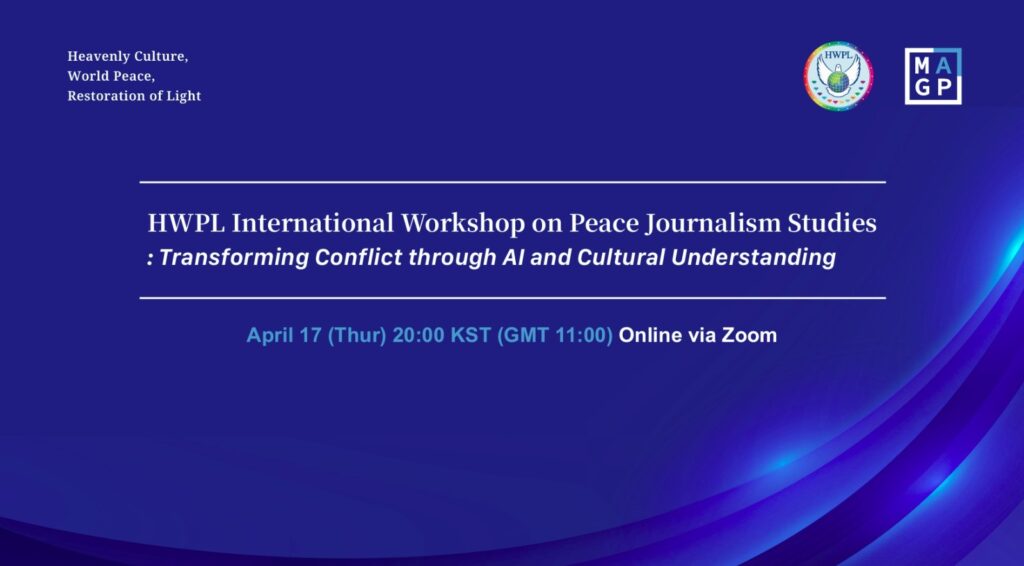
HWPL continues advocating for journalism that will establish a peaceful, harmonious society. The conference concluded by calling for greater cooperation between peacebuilders, academics, and journalists, reaffirming a commitment to ethical, responsible reporting amid the increasingly changing world of the media.
Also Read: DC vs RR: Super Over Drama as Delhi Capitals Clinch Thrilling Win After Dravid’s Costly Error


